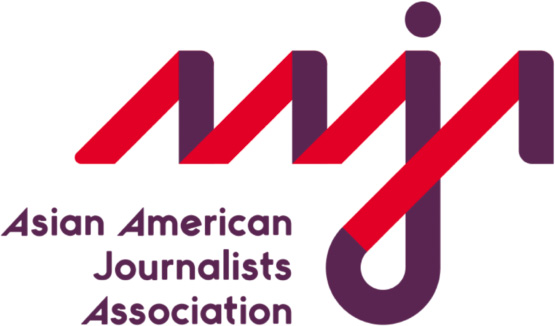Audio
 Mispronouncing someone’s name is much more than just callously stumbling over letters.
Mispronouncing someone’s name is much more than just callously stumbling over letters.
Published August 25, 2021

Amritpal Kaur Sandhu-Longoria at Record Searchlight in Redding. Photo by Hung T. Vu.
Listen to it below:
For many Asian-Americans in the United States, hearing your name being mispronounced is a common experience — whether you’re a famous Netflix comedian like Hasan Minhaj, or the Vice President of the United States like Kamala Harris.
But mispronouncing someone’s name is much more than just callously stumbling over letters. Our names not only represent our identity — they carry our history. This podcast explores the link between Asian-American names and personal identity, to show the deeper meaning and importance of pronouncing Asian-American names correctly.
The story will be told through three people’s experiences— two who altered their name to appear “more English” early on, but eventually reclaimed it and another who kept their original name, but eventually went by a nickname that was “more English.”
Divy Mente is Indian and an incoming freshman at Cal State University, Northridge, whose real name is Divyasri. Her parents gave her the nickname ‘Divy’ when she was born. Divy gets anxiety when introducing herself because every school year her teachers stumble over her name. But she still feels her nickname Divy is conforming to make other people’s lives easier.
“Back then I felt like it was written across my forehead. And, it wasn’t a normal name, you know. A name is like your identity, and it follows you everywhere. It’s the first thing that people see when you get introduced to them.”
Amritpal Kaur Sandhu-Longoria is an investigative reporter for USA Today, who recently reclaimed her Sikh-American name. When she was born, her uncle nicknamed her ‘Amber’. She kept that name until 2018, when she was going through two big life changes: getting married to someone without a Sikh last name, and moving to Washington D.C. for a journalism fellowship.
“I decided that it was really important for me, as an ethnic woman, as a Punjabi woman, as a Sikh woman, to really go back to Amritpal, to really reclaim my name, on my own terms too, whether people’s tongues stumble when they decide to say my name. It was something that I needed to do for my community.”
Heejin Kim is a 30-year-old Korean woman who reclaimed her name during the pandemic. Since high school, she went by the name ‘Heegene’ which was a nickname given to her by a high school boyfriend, who couldn’t pronounce her name. After Kim realized that she made it convenient for others her entire life, she wanted to take back control of the name ‘Heejin’.
“Every step that I’ve ever made in my life was to make everyone else more convenient. And that’s when it hit me. The biggest perpetrator of them all was my name. Being an Asian person, I can’t control how people feel. The very least I can do is have control over my name. I have to do something about it.”
Shehreen Karim and Teresa Xie are 2021 Voices students. Melissa Rosales and Naina Rao edited the audio team.
Shehreen Karim is an incoming junior at the University of California, Los Angeles, and a Calmatters College Journalism Fellow. She previously was the Editor-in-Chief of her college paper at Los Angeles Pierce College.
Teresa Xie is a senior at the University of Pennsylvania majoring in Political Science, and minoring in Cinema Studies. Her work has been featured in publications such as Pitchfork, Teen Vogue, Business Insider, Mic, Chicago Reader, Huffington Post.
Melissa Rosales is a reporter/producer for Nebraska Public Media, in Lincoln, Nebraska.
Naina Rao is a freelance radio reporter, from Indonesia, currently based in Detroit.
Los Angeles Pierce College
University of Pennsylvania
Audio





Virtual 2021





Apply
Become a fellow or editor
Donate
Support our impact
Partner
Work with us as a brand

The Asian American Journalists Association (AAJA) is a membership nonprofit advancing diversity in newsrooms and ensuring fair and accurate coverage of communities of color. AAJA has more than 1,500 members across the United States and Asia.